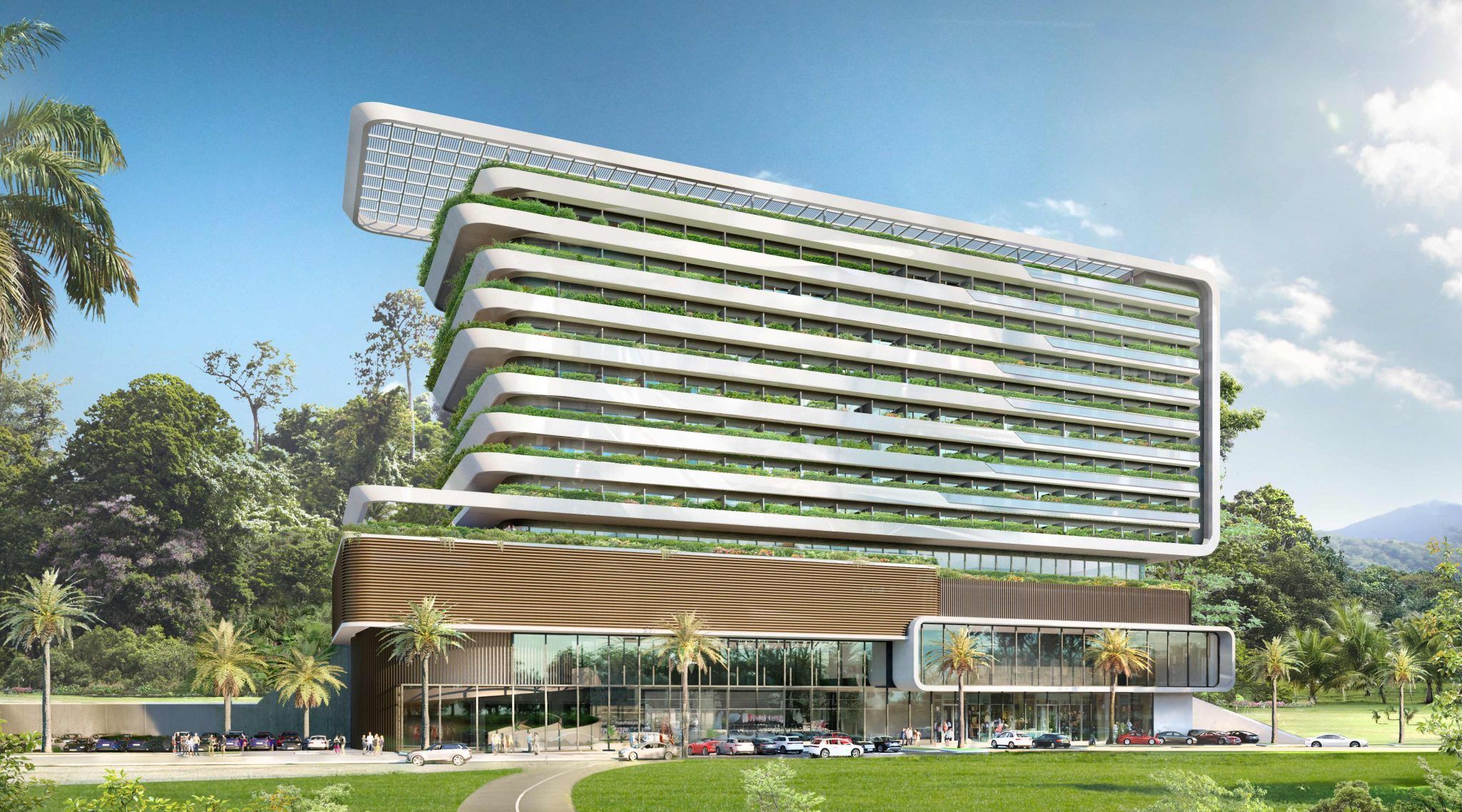Property firms are encouraged to add hotel assets
Colliers believes that developers should diversify based on tourism and hospitality sector's growth potential

For property firms with real estate investment trusts (REITs), Colliers Philippines is pushing for the addition of hotel assets as an integral part of their diversification strategies. The real estate services and investment management company is also pushing for foreign hotel brands and their local partners to search for emerging destinations in the provinces and seize first-mover advantage.
The Colliers report cited the increase of international arrivals in 2024 to 5.95 million compared to 5.45 million in 2023, a figure lower than the government’s target of 7.7 million. However, the Tourism department is banking on the growth of traditional and non-traditional markets to deliver the number of arrivals this year.
“We are seeing a relentless expansion of foreign hospitality brands in the Philippines. The travel and tourism sector has tremendous potential given the projected rise in arrivals and modernization of airports across the country. Definitely, there’s more to explore in the Philippines which should give foreign and domestic travelers alike more than 7,600 reasons to love the Philippines,” said Joey Roi Bondoc, Colliers Research Director.
The Philippine travel and tourism sector continues to attract major hospitality brands based on the hotel segment’s exponential growth prospects from the following developments: the current administration’s plans to rehabilitate and modernize airports across the country and the proposed land lease term extension for foreign investors.
“In our view, hotel operators should also monitor the construction and upgrading of airports across the country. These newly built and modernized airports should help guide developers as to where they should build next – hotels, MICE3 facilities, and other relevant establishments,” Bondoc added.
With the passing of House Bill No. 10755 in Congress in December 2024, the land lease limits for foreigners have been extended from 75 years to 99 years. Colliers estimates that the measure allows foreign private land lease related to tourism if the investment is at least USD5 million (PHP292 million).
It is also Collier’s view that Philippine developers can partner with foreign hospitality brands that are expected to enter the market to develop more accommodation facilities and convention centers. The enactment of the bill should also result in the creation of massive townships offering leisure-oriented and resort-themed projects.
“In our opinion, hotel REITs are an attractive option for developers, especially given the revival of the travel and tourism sector post-Covid and the modernization of major airports. Developers such as Ayala Land have already infused some of their hotel assets into their REIT portfolio. DoubleDragon Properties and Filinvest Land2 have also expressed interest in adding some of their hotels into their respective portfolio,” said Bondoc.
Based on their report, due to the surge in travel demand from both local and international tourists, developers have been constructing new hotels outside of Metro Manila. Some of the new hotels in the pipeline include those in Baguio, Davao, Bacolod, Cebu, Bohol, Cagayan de Oro, and Clark in Pampanga.
To expand and diversify, developers should take advantage of building partnerships with foreign brands. According to Colliers, several developers have expressed interest in expanding their hospitality footprint including Italpinas Development Corporation (IDC) which partnered with Dusit International in launching Dusit Princess Firenze Cagayan de Oro and Dusit Princess Bukidnon; Damosa Land and Wyndham Hotels & Resort’s TRYP by Wyndham Hotel Samal in Davao; Tytans Properties and Accor’s Pullman Mactan Cebu Hotel & Residences; AppleOne Properties and Marriott International’s JW Marriott Panglao in Bohol; and Cebu Landmasters Inc. and The Ascott Group’s Citadines Paragon Davao. The Four Seasons brand has also expressed interest in opening a hotel in the country.